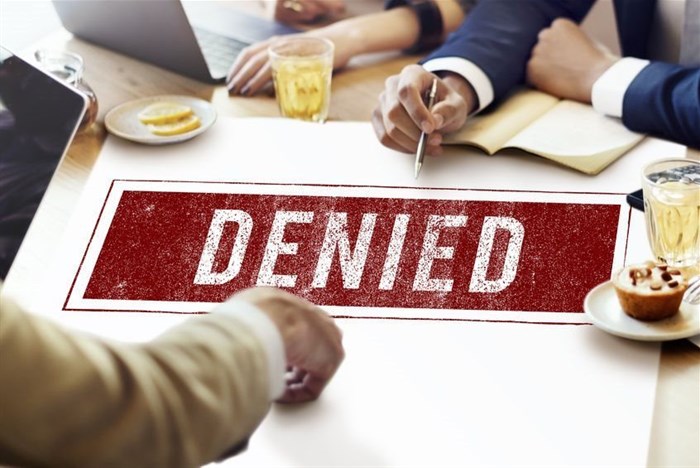Are employers obliged to grant employees leave over the holiday period where they have exhausted sick leave provisions due to Covid-19 infection or exposure?
Employers have dedicated much of the year to implementing adequate health and safety measures in the workplace, including placing employees on paid sick leave at the onset of Covid-19 symptoms or following exposure to the virus. Employers may be wondering when “enough is enough” and how this impacts on requests for leave this holiday season.
Sick leave has been taken at unprecedented rates in the past year. This raises a number of pertinent questions, including: What are employers to do if their employees have exhausted all their paid sick leave entitlement due to Covid-19 infection or exposure and they nevertheless request leave over the holiday period? Is the position different where the employee contracted or was exposed to Covid-19 at the workplace?
Annual vs sick leave
In terms of sections 6(3)((b)(iii) and 6(7)(c) of the Consolidated Direction on Occupational Health and Safety Measures in Certain Workplaces, dated 11 June 2021, employees excluded from the workplace due to Covid-19 symptoms or exposure will use their paid sick leave entitlements under the Basic Conditions of Employment Act 75 of 1997 (BCEA) during the period(s) of absence. When sick leave under the BCEA has been exhausted, employees can apply for illness benefits in terms of the Unemployment Insurance Act 63 of 2001.
Missing work due to Covid-19 exposure, the effects of long Covid, or any other health ailment may result in employees’ extended absence from the workplace. Employers may be tempted to refuse annual leave requests from employees who have been absent from work due to ill health and who have exhausted their sick leave entitlement under the BCEA. However, it is not reasonable or fair to select which employees may or may not enjoy their annual leave entitlements on the basis of health or on the basis that an employee has exhausted their sick leave entitlement, as the entitlement to annual leave is distinct from the entitlement to sick leave. In addition, and in terms of the BCEA, employees are afforded a minimum number of days annual leave a year in recognition of the importance of them having leisure time away from work.
Notwithstanding the importance of annual leave, it remains reasonable and lawful for an employer to refuse an employee’s leave application based on its operational needs, such as where the timing of the leave will have a detrimental effect on the business, or if the business is short staffed at the time.
Case law
It has long been established that employees do not have a right to take annual leave based solely on when it suits them. The court in Ludick v Rural Maintenance [2014] (LC) reiterated that section 20(10)(a) of the BCEA contemplates employees enjoying their annual leave at a time mutually agreed between the employer and employee.
Based on their operational needs, employers may potentially block out periods of the year which are particularly busy, during which time employees will not be permitted to take annual leave. This is permissible having regard to section 20(10)(b) of the BCEA, which provides that an employer may determine the time at which leave may be taken, where no agreement is reached.
Employers may, in appropriate circumstances, refuse an employee’s request for annual leave, provided that the employee is not being singled out for different treatment because they may have taken all their sick leave entitlement and, in addition, the employee is not prevented from using their annual leave entitlement in the annual leave cycle or the six months following the completion of the cycle.
There is no distinction between employees who contracted Covid-19 at work or any other employees when considering the grounds to grant or refuse annual leave.

































